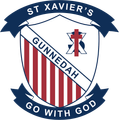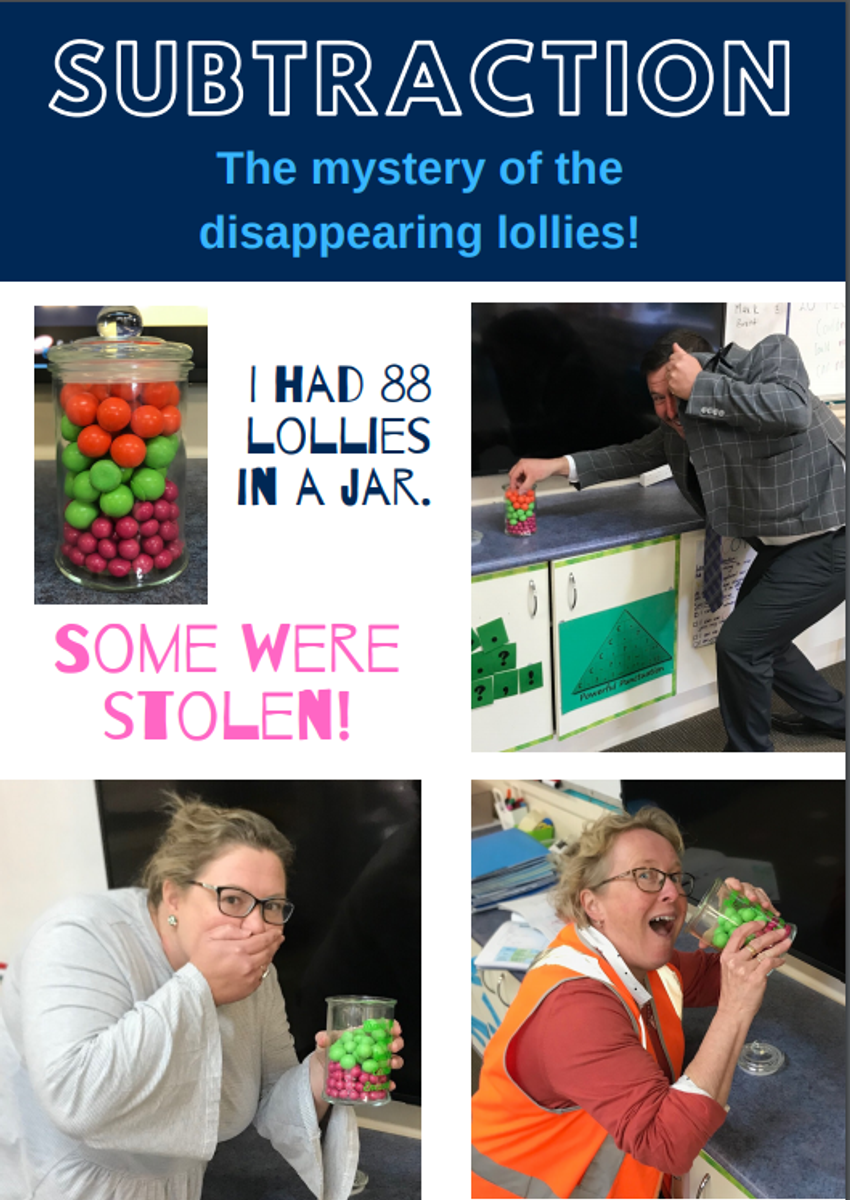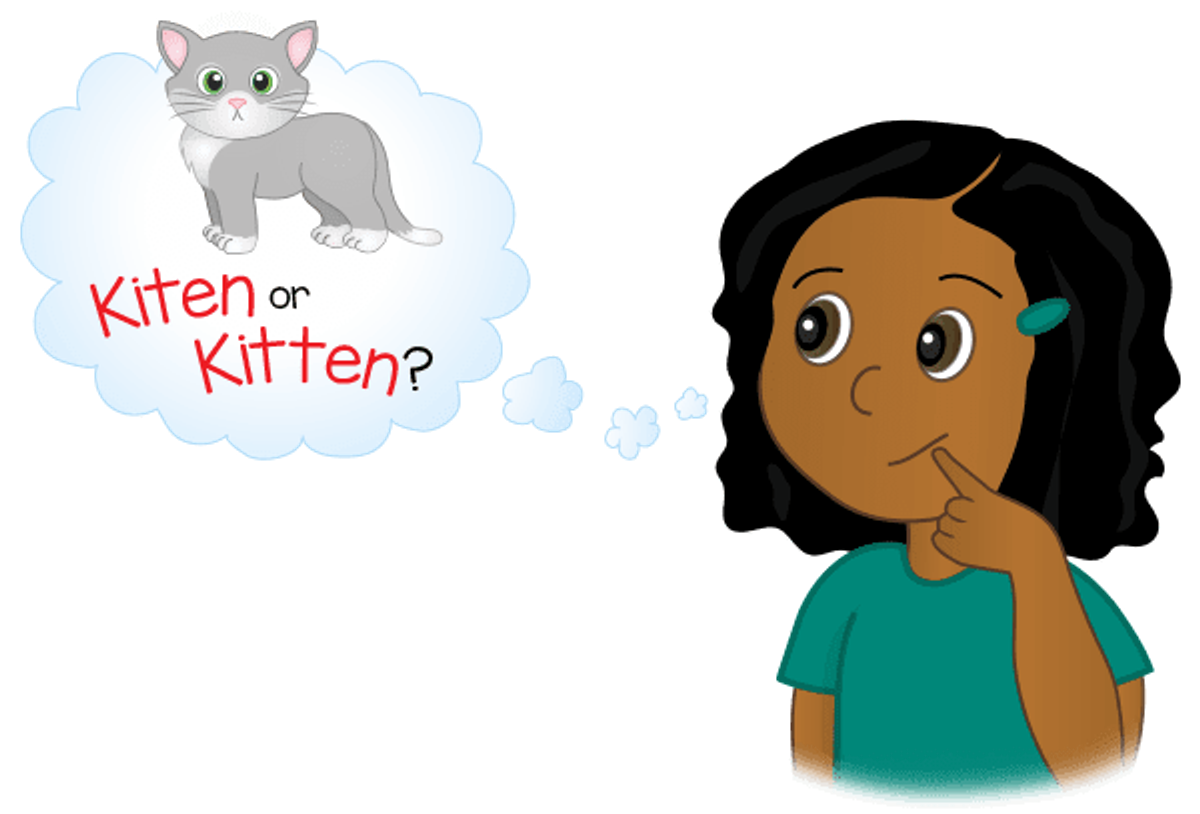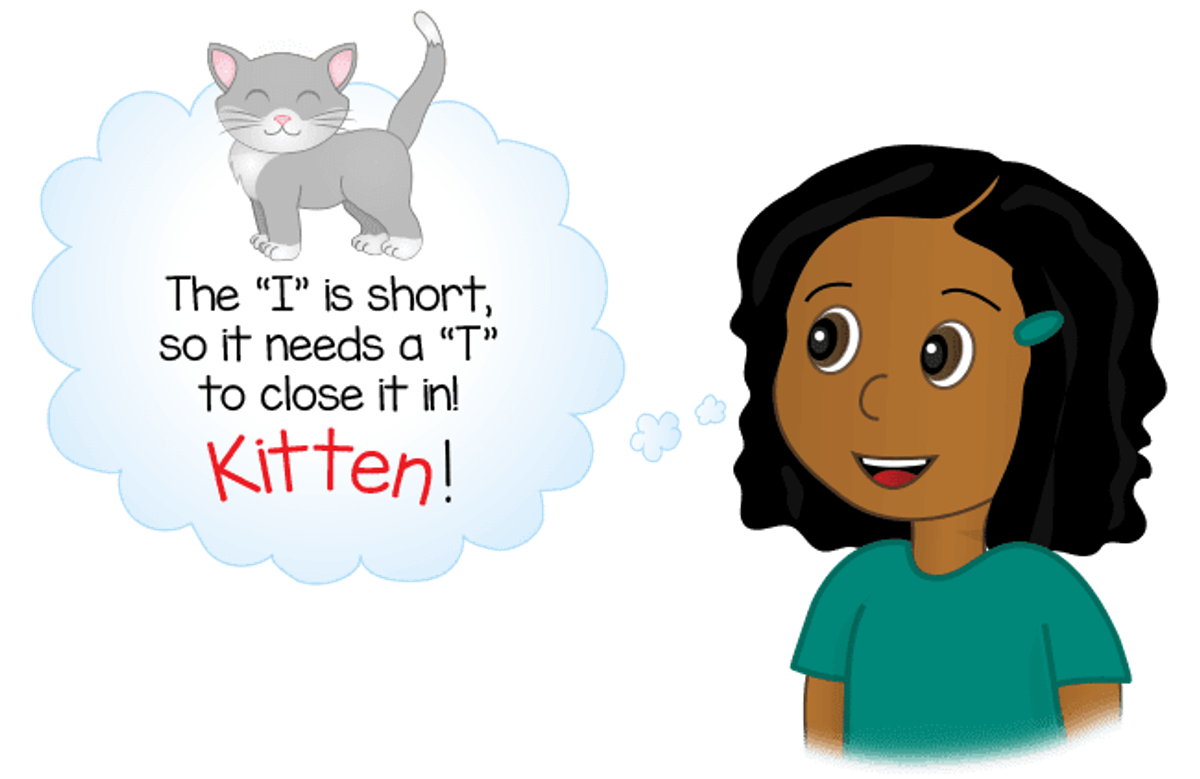The Learning Zone

Year 2 Maths Topic
Yr 2 have started a new topic in Maths. They have been learning about subtraction.
Have your children talked about Open and Closed Syllables???
Here is a great article about open and closed syllables and how they can help children with their spelling and reading. It is really important that parents understand what we are teaching so they can help their children with their reading at home.
How to Teach Open and Closed Syllables
by Marie Rippel
Closed and open syllables are the first two syllable types students should learn. Out of the six syllable types, these two are the easiest for students to master.
What Is a Closed Syllable?
In its simplest form, a closed syllable is a vowel followed by a consonant. Examples include cap, sit, and up.
It’s called a closed syllable because the vowel is “closed in” by a consonant. In closed syllables, the vowel usually says its short sound.
More than one consonant can be used to close in a syllable, as in dish and stretch. And many multi-syllable words contain closed syllables, as in insect, rabbit, and napkin.
What Is an Open Syllable?
An open syllable has a vowel at the end of the syllable. Nothing comes after the vowel, as in no, my, and we.
It’s called an open syllable because the vowel is “open”—that is, nothing comes after it except open space. In open syllables, the vowel says its long sound.
There aren’t many one-syllable words that contain open syllables, but there are many multi-syllable words that do. For example, look at the first syllables in these words:
ba by
e ven
pa per
mu sic
Why Is Knowing the Syllable Types So Beneficial?
Knowledge of syllable types is an important decoding tool for both reading and spelling.
Let’s say a student is reading a story and she comes across the word craft. She doesn’t instantly recognize the word because she has never read it before. Although the word is unfamiliar, she isn’t flustered because she has a method for determining whether the letter A says its long or short sound. She sees that the A is followed by a consonant, which means that it is in a closed syllable, so the vowel most likely says its short sound. She is able to decode the word craft independently and continues reading the story.
Syllable type knowledge helps with spelling, too. In the scenario below, the child wants to spell the word kitten. But she hasn’t reached the stage of automaticity yet, so she can’t remember whether there is one T or two in the middle of the word.
A child who doesn’t have a visual picture of the word and doesn’t know about syllable types might just write the word as kiten. After all, we pronounce it “ki(t) ten,” without enunciating the first T.
But our student can draw upon her knowledge of open and closed syllable types and easily come up with the correct spelling.
Our student realizes that if she leaves the first vowel open, it will say its long sound, resulting in /kī-těn/. (There are some exceptions such as city where the vowel is left open yet still says its short sound, but these words are the exception rather than the rule. And in the All About Spelling program, we give kids tools to help them spell these exceptions.)
UNSW ICAS Assessments
We are delighted to inform you that St Xavier’s will be participating in the world-renowned ICAS Assessments again this year. ICAS is developed by UNSW Global, a wholly owned subsidiary of UNSW Sydney, with over 35 years’ experience in educational assessments.
St Xavier’s only offers these tests to students in Years 3-6. ICAS is designed to target students’ higher-order thinking and problem-solving skills in English, Mathematics, Science, Writing*, Spelling and Digital Technologies. Each assessment celebrates students’ accomplishments by providing opportunities for recognition. Every student will receive a printed certificate and an online result report. Top performers will be eligible for medals and are invited to attend special award ceremonies to have their academic excellence publicly recognised.
We encourage you to consider entering your child into ICAS this year. The assessments are suitable for students wishing to extend themselves academically and take up the personal challenge of competing in an international assessment. Your child will be presented with high-quality, expert-developed questions, allowing them to apply their learning without the need for prior study or revision. ICAS Assessments are now online, a move that reflects a sector-wide transition to online assessments. This allows greater accessibility for students and faster delivery of results. Learn more about ICAS here: unsw.global/ICAS (*Writing not available in 2020.)
2020 Participation Online parent payment: In 2020 students have the opportunity to participate in the following subjects:
| ICAS Science |
| ICAS Digital Technologies |
| ICAS English |
| ICAS Mathematics |
| ICAS Spelling Bee |
Cost per test: $15.95 including GST
If you would like your child to participate in any of the subjects listed, please visit the new online Parent Payment System to make a direct payment to UNSW Global. The Parent Payment System is a simple and secure online payment service specifically for parents to purchase ICAS Assessments.
The web link is
https://shop.unswglobal.com.au/pages/pps
Our school’s unique access code is: VDZ410
Online parent payment closes, Friday 7 August, 2020.





